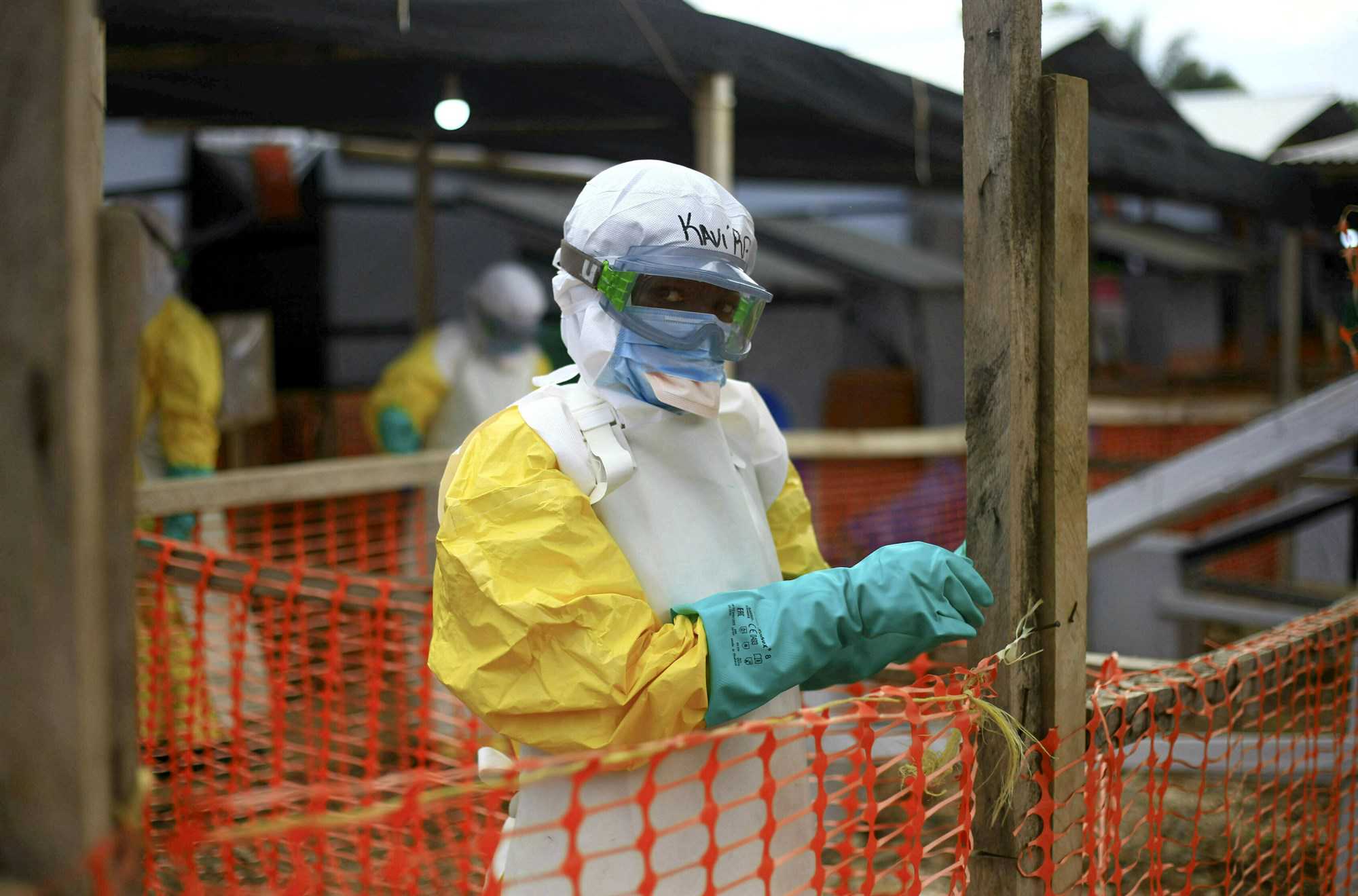U.N. health agency struggles with travel abuses

Image collected
The World Health Organization spent nearly $192 million on travel expenses last year, with staffers sometimes breaking the agency’s own rules by traveling in business class, booking expensive last-minute tickets and traveling without the required approvals, according to internal documents obtained by The Associated Press.
The abuses could spook potential donors and partners as the organization begins its week-long annual meeting Monday in Geneva, seeking increased support to fight a devastating outbreak of Ebola in Congo and other deadly diseases including polio, malaria and measles.
The nearly $192 million is down 4 percent from 2017, when the agency pledged to rein in travel abuses following an AP investigation.
Recent documents show WHO auditors found some WHO staffers were still brazenly misrepresenting the reasons for their travel to exploit loopholes in the organization’s policies and flying business class, which can be several times more expensive than economy, even though they did not meet the criteria to do so.
In response to questions from the AP, WHO said Monday that “travel is often essential to reaching people in need” and noted that 55 percent of its travel spending went to bring outside experts and country representatives, often from developing countries, to technical and other meetings.
It added that numerous new measures were adopted in 2018 that aimed to make sure “staff travel is necessary, economical, appropriate and efficient.”
“When staff travel, they do a range of things, including responding to emergencies, assessing countries’ emergency preparedness, implementing vaccine and other public health campaigns, training health workers and more,” the agency said.
But WHO’s inability to significantly curb its expenses could undermine its credibility and make it more difficult to raise money to fight health crises, according to Sophie Harman, a global health professor at Queen Mary University in London. She said the problem wasn’t so much the amount that WHO was spending on travel, but how it was being used.
“WHO needs to get its own house in order to legitimately go to the international community saying, ‘We need more money for Ebola,’” she said.
Among other responsibilities, WHO is the U.N. agency charged with setting global health guidelines and coordinating the response to health emergencies around the world. Its approximately $2 billion annual budget is mainly drawn from the taxpayer-funded contributions from member countries. The U.S. is WHO’s biggest contributor.
During this week’s World Health Assembly, a yearly gathering of WHO’s highest decision-making body, including member states and donors, the agency will be trying to raise more funds for Ebola and other health priorities. The costs of fighting the Ebola epidemic have left it with a funding gap of more than $50 million.
In 2017, the AP reported that WHO was spending roughly $200 million each year on travel, including first-class airplane tickets and five-star hotels for its director-general, Dr. Margaret Chan, which health experts said exposed the agency’s misplaced priorities.
Amid such criticism, Chan’s successor, Tedros Adhanom Ghebreyesus, promised to take action. In response to AP questions, WHO said Monday that Tedros travels in either business class or economy, depending on the distance, and spent $209,000 on travel in 2018.
“WHO’s travel policy prohibits first-class travel for all staff,” the agency said, adding that a host of initiatives have helped cut travel costs.
For non-emergency travel, the proportion of business class flights dropped to 18 percent last year, from 27 percent the previous year, according to external auditors. Yet other international aid agencies, including Doctors Without Borders and the U.S. Centers for Disease Control and Prevention, explicitly forbid staff from traveling in business class.
Source: https://www.nbcnews.com